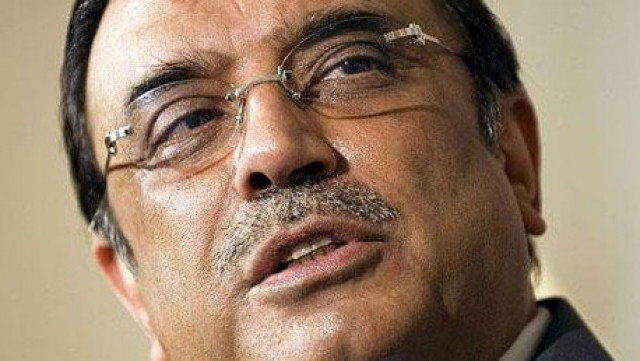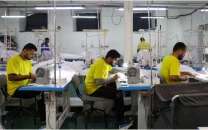‘Suspects not to be handed over to India’

Zardari, who concluded a five-day visit to China, told the state-run CCTV in an interview that Pakistanis involved in the Mumbai attacks cannot be handed over to India as there was no extradition treaty between the two countries.
“I do not think it works like that between two nations. There have to be bilateral treaties of that sort which do not exist between us. But we are trying those people in Pakistan. Hopefully, we will bring the offenders to justice,” he said.
He stressed that the non-state actors who attacked Mumbai had succeeded in derailing the Indo-Pak peace process, but hoped India’s “mature democracy” would show foresight in taking forward the resumed talks. “I will remind you that when the incident of Bombay took place, my Foreign Minister was in Delhi trying to sign a treaty with the Indians for a rapprochement; in that we had the concept of fighting terrorists together also,” he maintained. However, the non-state actors managed to stall it for some time, he observed.
“Now I think it is back on track and hopefully will go forward,” he said, insisting that Pakistan wants to be friends with all its neighbours.
“India is (our) neighbour; (a) large neighbour. We are from the same South Asia (background). Hopefully we both work it out in a mature fashion and come together,” he said.
He went on to say Pakistan, as a “younger democracy” was always willing to appreciate India’s “mature democracy” and expects the latter to have “a mature posture, and foresight better than ours”.
“But, in any case, we will do our part to make sure that the future for the coming generations is better than the one we inherited,” he said. The president, however, refused to give a clear response on Pakistan’s opposition to India having a more active role in Afghanistan.
Published in The Express Tribune, July 11th, 2010.



















COMMENTS
Comments are moderated and generally will be posted if they are on-topic and not abusive.
For more information, please see our Comments FAQ